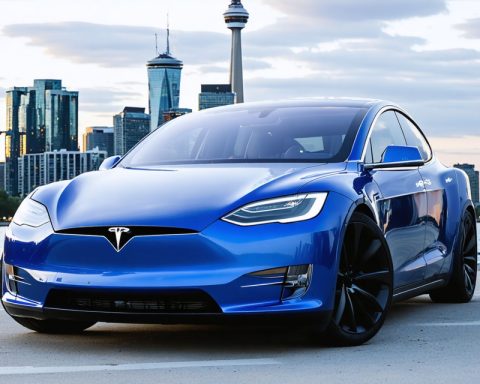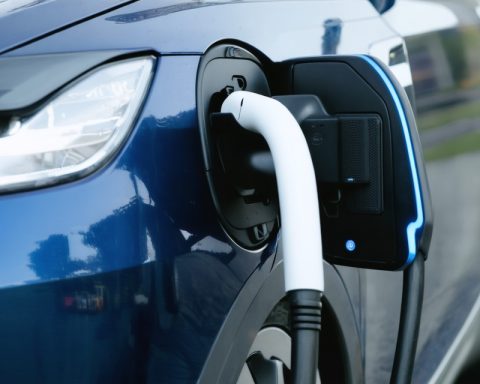Browse CategoryElectric Vehicles
Electric vehicles (EVs) are vehicles that are powered entirely or partially by electricity instead of conventional fuels like gasoline or diesel. They utilize one or more electric motors for propulsion and can include a range of vehicle types such as cars, buses, trucks, and scooters. Electric vehicles typically draw energy from a rechargeable battery, which can be charged from an external power source, and may also include regenerative braking systems that recover energy during braking. EVs are recognized for their potential to reduce greenhouse gas emissions, improve energy efficiency, and decrease reliance on fossil fuels, contributing to cleaner air and a more sustainable transportation system. There are primarily two types of electric vehicles: battery electric vehicles (BEVs), which are fully electric with no internal combustion engine, and plug-in hybrid electric vehicles (PHEVs), which combine an electric motor with an internal combustion engine. The growing interest in electric vehicles is often linked to advancements in battery technology, charging infrastructure, and environmental policies promoting cleaner transportation options.


















